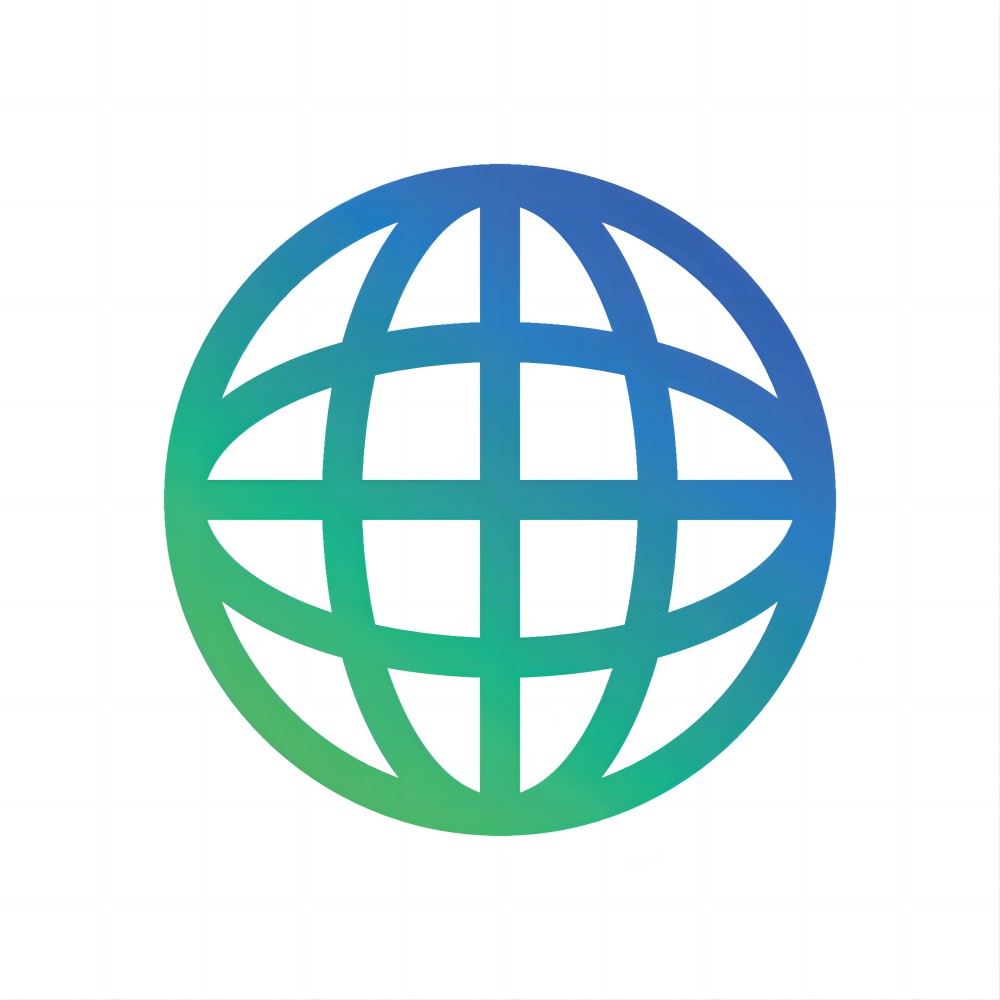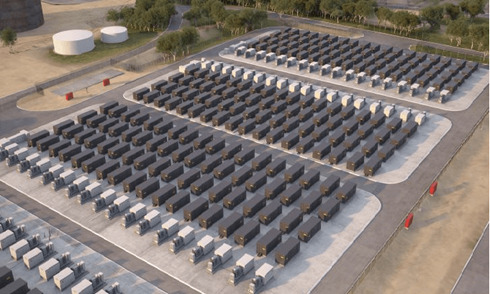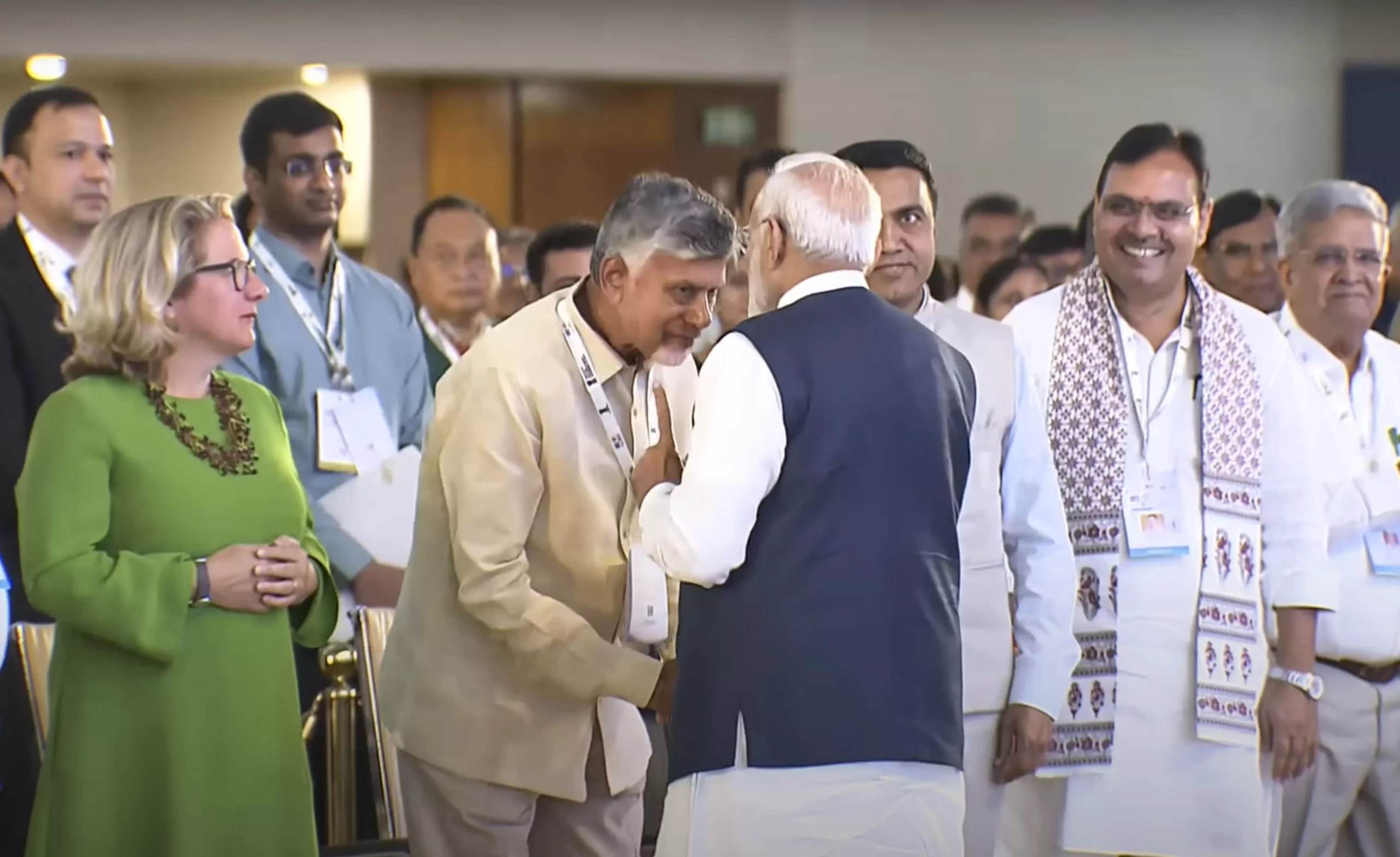Nigeria’s Energy Challenges: A Paradox Amidst Resources
The World Bank raises concerns over Nigeria’s energy poverty, terming it a paradox given the country’s abundant resources. Despite global progress, Africa, particularly Nigeria, lags in electricity supply, says World Bank’s Managing Director for Operations, Anna Bjerde.
Alarming Statistics: Over 85 Million Nigerians Deprived of Electricity
Bjerde reveals that in Nigeria alone, over 85 million people, representing more than four out of 10 citizens, lack access to electricity. This deficiency hampers communities from preserving crops, engaging in economic activities, and providing decent conditions for education and health.
DARES Program: A Beacon of Hope for 200,000 MSMEs
To address this crisis, the World Bank introduces the Distributed Access through Renewable Energy Scale-Up (DARES) program. It aims to provide clean and reliable energy to 20% of the un-electrified population and benefit over 200,000 Micro, Small, and Medium-sized Enterprises (MSMEs) by 2030 through private sector interventions.
Collaborative Efforts for a Clean Energy Revolution
Bjerde emphasizes collaboration with Nigerian authorities for grid reforms and sector performance improvements. Governments, starting with Nigeria, are urged to lead the clean energy revolution through stable policies and regulatory frameworks, supported by concessional finance to attract significant private investments.
Bjerde concludes that DARES prioritizes affordability through targeted subsidies, linking access solutions to productive electricity use, and scalability by catalyzing private investments and accelerating mini grid and standalone solar solutions. The initiative signifies a crucial step towards alleviating Nigeria’s energy poverty and fostering sustainable development.
Source:http://www.thisdaylive.com





